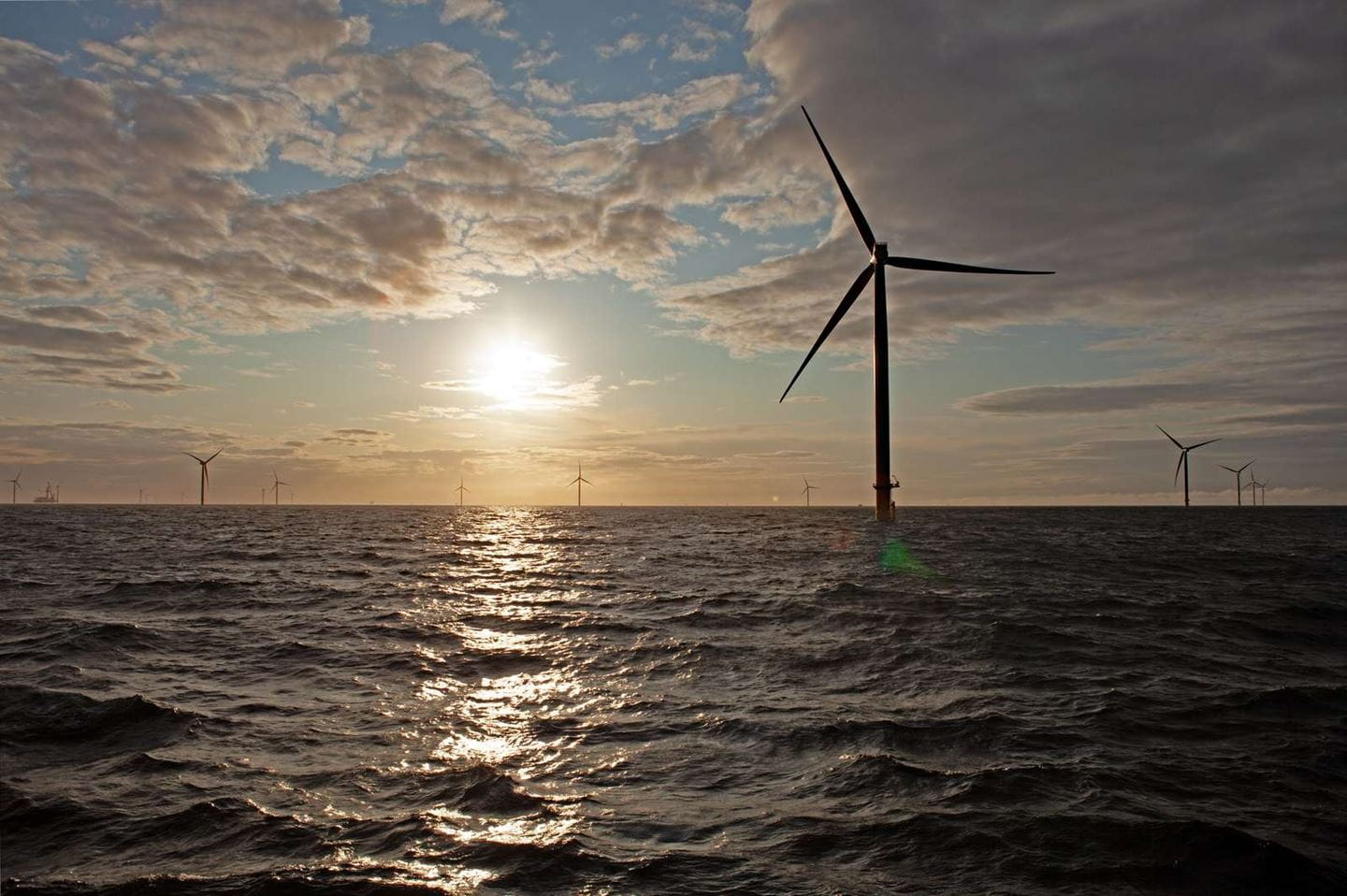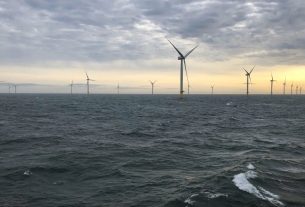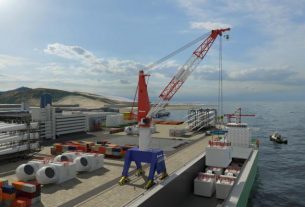Denmark – Ørsted aims to achieve a net-positive biodiversity impact from all new renewable energy projects it commissions by 2030 at the latest.
The faster global deployment of renewable energy required to decarbonize global energy systems and limit global warming to 1.5°C must occur in harmony with nature. As a result, Ørsted has set the goal of achieving a net-positive biodiversity impact from all new renewable energy projects that begin construction no later than 2030. A project has a net-positive impact when it has an overall positive biodiversity impact as a result of active actions taken to mitigate possible biodiversity losses.
Ørsted will systematically implement initiatives that ensure a net-positive contribution to natural ecosystems, habitats, and species in and around the company’s new renewable energy projects in offshore wind, onshore wind, solar PV and energy storage, and renewable hydrogen when developing new projects. Ørsted will also look for activities that can have a positive impact on biodiversity before the year 2030.
New challenges to overcome
Today, Ørsted works with one of the renewable energy industry’s most experienced in-house teams of environment professionals to minimize, reduce, and solve the potential biodiversity impact of its projects. Ørsted has implemented projects such as artificial reefs to sustain Atlantic cod at Borssele 1 and 2 in the Netherlands, crustacean habitat monitoring at Westermost Rough in the United Kingdom, and a program to protect and conserve the North Atlantic right whale. When it comes to delivering on the new ambition, there will be new challenges to overcome.
One of the issues to be addressed is the lack of industry-wide established methods for measuring biodiversity impact. Working in offshore areas, which are more dynamic and unpredictable due to oceanic influences, makes establishing a baseline and measuring change more difficult.
Ørsted has therefore joined the Science Based Targets Network Corporate Engagement Program to help develop nature science-based targets and advance long-term development of tools and guidance to measure its impact and dependencies on biodiversity, land, water, and oceans.
Transforming business
Scientists believe that lowering carbon emissions is an effective method to counteract climate change and its effects on species and ecosystems. As one of the world’s leading renewable energy firms, with carbon-reduction ambitions aligned with the 1.5°C roadmap, Ørsted aspires to address both the climate and biodiversity crises through the scaled-up deployment of green energy.
Ørsted is on track to be carbon-neutral in energy generation and operations by 2025 and targets a carbon-neutral supply chain in 2040. The company has transformed its business from fossil fuels to renewable energy and is ranked the world’s most sustainable energy company.




